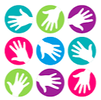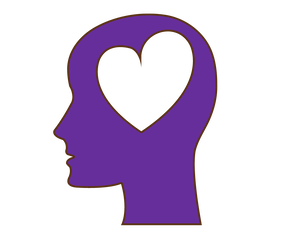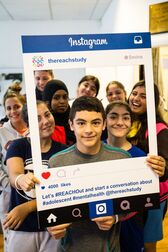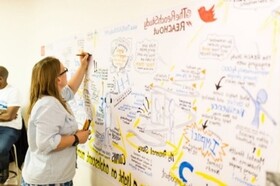About REACH
The REACH study will help us understand the best ways to promote good mental health among young people from all backgrounds.
The study started in 12 secondary schools in south London, with over 4,000 young people invited to take part since 2016. There have been three main phases of the REACH study.
REACH is based at King's College London, and has the following funders:
Phase 1: Funded by the European Research Council
Phase 2: Funded by United Kingdom Research and Innovation
Phase 3: Funded by the UK Economic and Social Research Council
The study started in 12 secondary schools in south London, with over 4,000 young people invited to take part since 2016. There have been three main phases of the REACH study.
- Phase 1 (2015-2020) focused on mental health during early-to-mid adolescence.
- Phase 2 (2020-2021) focused on the impacts of the COVID-19 pandemic on young people’s mental health.
- Phase 3 (2024-2025 - ongoing) focuses on mental health during the transition to adulthood.
REACH is based at King's College London, and has the following funders:
Phase 1: Funded by the European Research Council
Phase 2: Funded by United Kingdom Research and Innovation
Phase 3: Funded by the UK Economic and Social Research Council
WHY are we doing this?
|
Most mental health problems begin when people are still at school. Around 1 in 10 young people are thought to experience a mental health problem. We want to understand more about what causes these problems so we can improve mental health and well-being among young people. This could help many young people in the future! The aim of the REACH study is to understand what things lead to better mental health and what things lead to worse mental health in young people from all backgrounds. |
What do we mean by MENTAL HEALTH?
|
Mental health includes our emotional, psychological and social well-being. It affects different areas of our lives, like how we feel and our behaviour. Just like we need to look after our physical health, we need to look after our mental health too. It can be thought of as: - How we feel about ourselves and the people around us - Our ability to make and keep friends and relationships - Our ability to learn from others and to develop emotionally The way that people deal with different events and situations, and with difficult thoughts and feelings can vary between individuals. Learn more about mental health here or have a look at our resources for young people page. |
How can YOU help us?
|
If you go to one of the schools taking part in REACH, we need your help! You can help us see how positive and negative life experiences affect people's mental health over time.
In 2024/25, we are looking for young people who previously participated in REACH to take part in a new paid online survey on young people's mental health as they transition to adulthood. We'll ask you to fill in a short (10-2015 minute) online questionnaire that will ask about your mood, feelings and recent experiences. You'll get a Love2Shop voucher as a thank you for taking part. Your responses will be completely confidential (private) which means they will only be seen by the research team. |
What's happened so far?
Phase 1: Mental health during early to mid-adolescence (Questionnaires in schools)
In 2015-2020, the REACH team visited secondary schools in Lambeth and Southwark and asked students to complete questionnaires during lesson time. These questionnaires asked about your mood, feelings and life experiences. Some young people also completed follow-up questionnaires and assessments with members of our research team. We have since been using the information, which is completely confidential (private), to better understand what affects young people's mental health.
See what we've found so far here!
Phase 2: Impact of COVID-19 pandemic on mental health (Online questionnaires)
During the pandemic, we moved online for the second phase of the REACH study. Throughout the pandemic, REACH participants filled in online questionnaires that focused on the impact of COVID-19 and the related social restrictions on their mental health.
See more on this phase of the study here.
In 2015-2020, the REACH team visited secondary schools in Lambeth and Southwark and asked students to complete questionnaires during lesson time. These questionnaires asked about your mood, feelings and life experiences. Some young people also completed follow-up questionnaires and assessments with members of our research team. We have since been using the information, which is completely confidential (private), to better understand what affects young people's mental health.
See what we've found so far here!
Phase 2: Impact of COVID-19 pandemic on mental health (Online questionnaires)
During the pandemic, we moved online for the second phase of the REACH study. Throughout the pandemic, REACH participants filled in online questionnaires that focused on the impact of COVID-19 and the related social restrictions on their mental health.
See more on this phase of the study here.
What else is going on?
|
Since 2016, we have been running the REACH public engagement programme that has reached mover 30,000 young people so far. The programme has provided workshops for schools, work experience opportunities, and the REACH community festival. Here are some of the REACH activities young people have got involved in: |






